ONLINE GROUPS
Black Autistic
Meetup
This is a group for Black Autistic folks to meet and connect with others. It is a space for belonging, representation, support and hope.

when
Once a month on a Wednesday, 7.30–9pm
where
Hosted on Zoom
Cost
Free
who is welcome?
Black Autistic Meetup is open to people age 18+ who are Black and Autistic (diagnosed or self-diagnosed).

what happens in a session?
Introductions and exploring shared principles of the group
Short exercises to stimulate conversation, participants taking turns to contribute on a chosen theme
Open discussion on a monthly theme – the theme could guide our discussion, or we may simply use it as a starting point to start conversations. All input is valid.
Sharing helpful or interesting resources
Close of session with key takeaways and reflection

meet your host
Antonia Aluko
NdC Associate (she/her)
Antonia is an advocate for unmasking and supporting Autistic people in mental health spaces. Her early experiences as a young carer sparked her drive to challenge systems and shape more inclusive approaches within the NHS. Today, she works through her advisory role to make wards more open and accessible for Autistic people.
Late diagnosed in her early twenties, Antonia also draws on her lived experience as a Black Queer Autistic woman. Navigating both social and academic spaces shaped her passion for educating others on how identity, from ethnicity and gender to sexuality, religion and age, influences the Autistic experience.
Alongside her work with NdC, Antonia is pursuing a PhD on identity and oppression in Roman Literature. In her spare time, she enjoys anime, badly written romance novels and trips with friends.
We also wish to recognise the contribution of Warda Farah in establishing the original Black Autistic Meet-up Group as part of their work with Neurodiverse Connection.
Expectations
-
Come with an open mind and respect others' views.
-
Respond to others with respect and compassion.
-
Hate speech, disruption, aggression, or intimidation of any kind will not be tolerated, whether verbally or in the chat, and will result in removal from the meeting and may result in a ban from future meetups.
-
Please do not offer unsolicited advice (giving feedback, advice or your opinion in response to what another attendee has shared when it is not asked for, even if it is positive).
-
Always observe confidentiality. Any personal information shared during the session must stay in the session. The only exception is if something raises concerns for someone’s safety. In that case, the facilitator will privately connect with the person and offer help to access appropriate support.
-
Take responsibility for yourself, including how and what you share, and your well-being during the sessions.
-
If you need support and feel comfortable to do so ask within the group or ask the facilitator. If this isn’t helpful or appropriate then seek external assistance from your GP, and/or local health and social care services or support groups.
Disclaimer
To support safety and wellbeing of attendees we reserve the right to remove any participant who violates the group expectations.
Book your place
PLEASE Note:
If the ‘book’ button for a specific session is greyed-out, this means that the session is fully booked. You are welcome to book onto a future session that has spaces available.
Black Autistic content from our blog



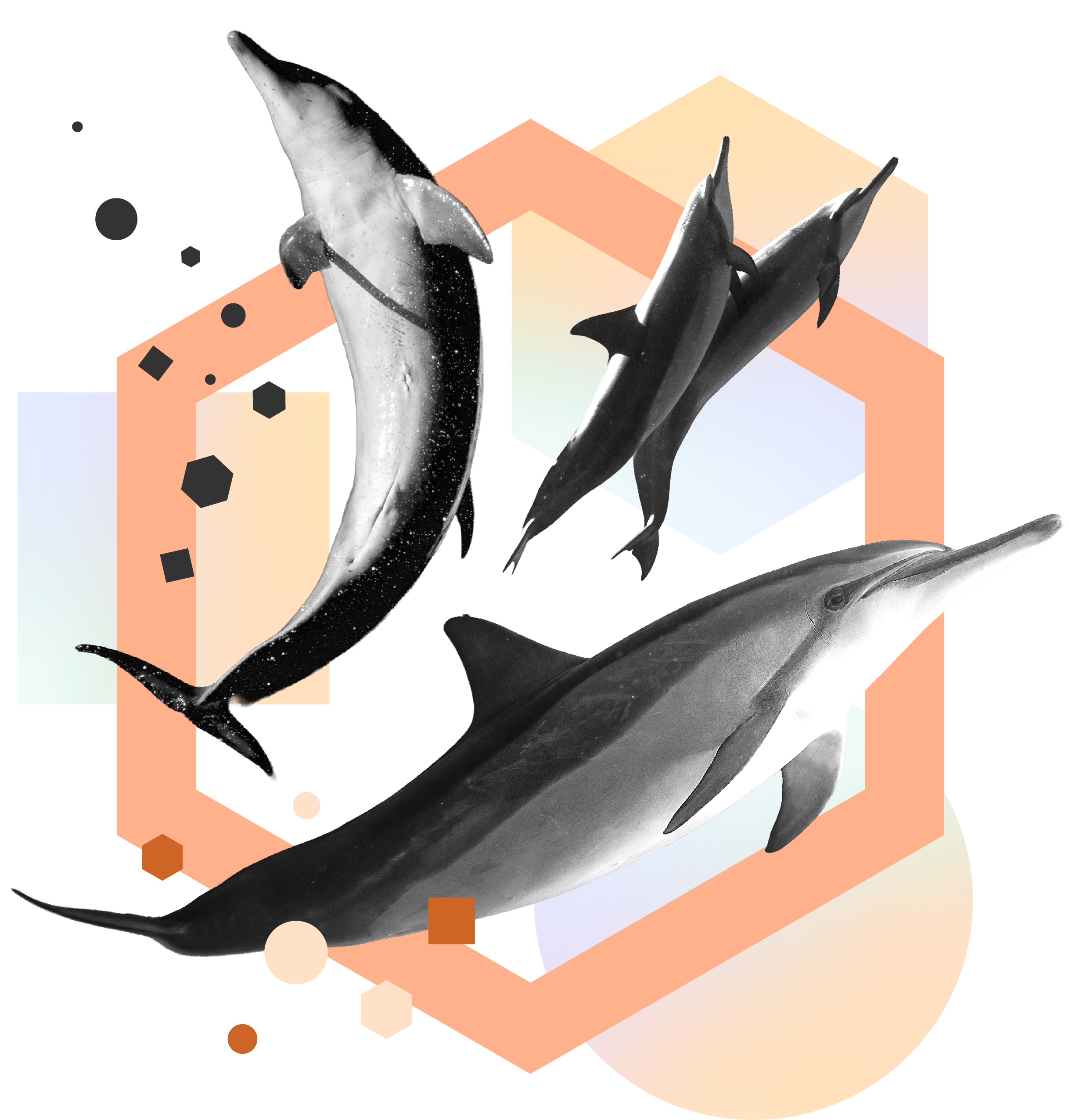

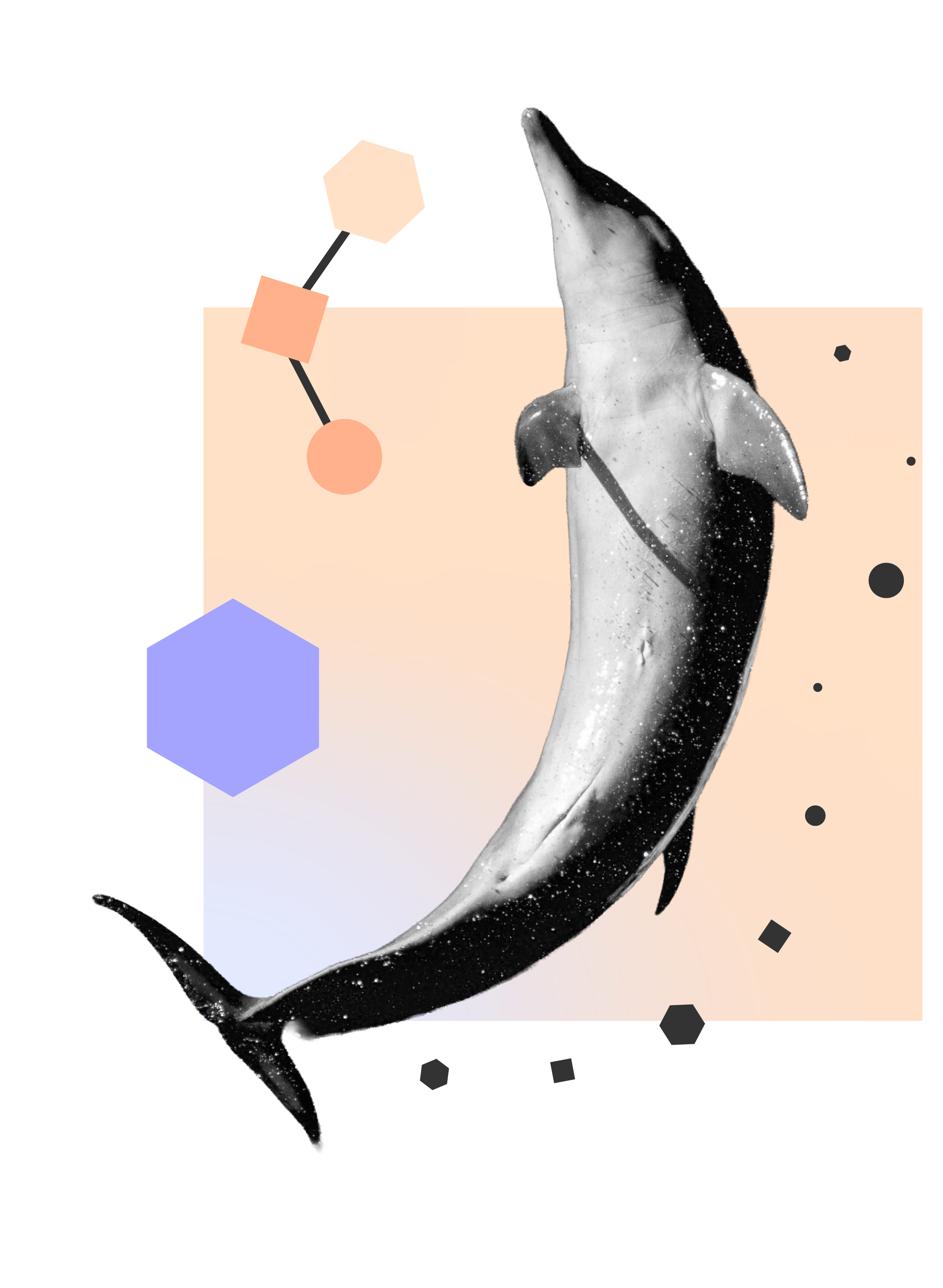



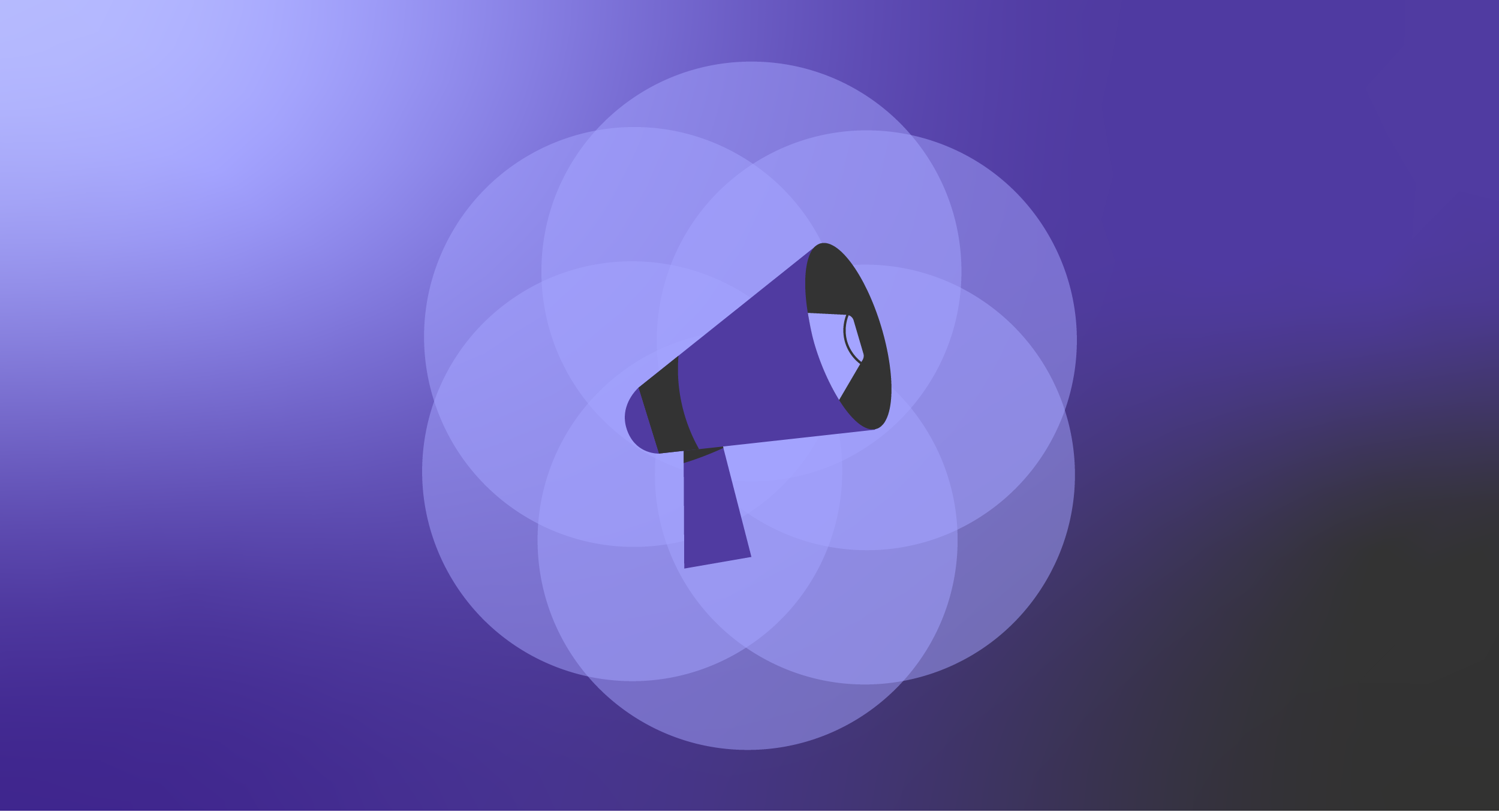
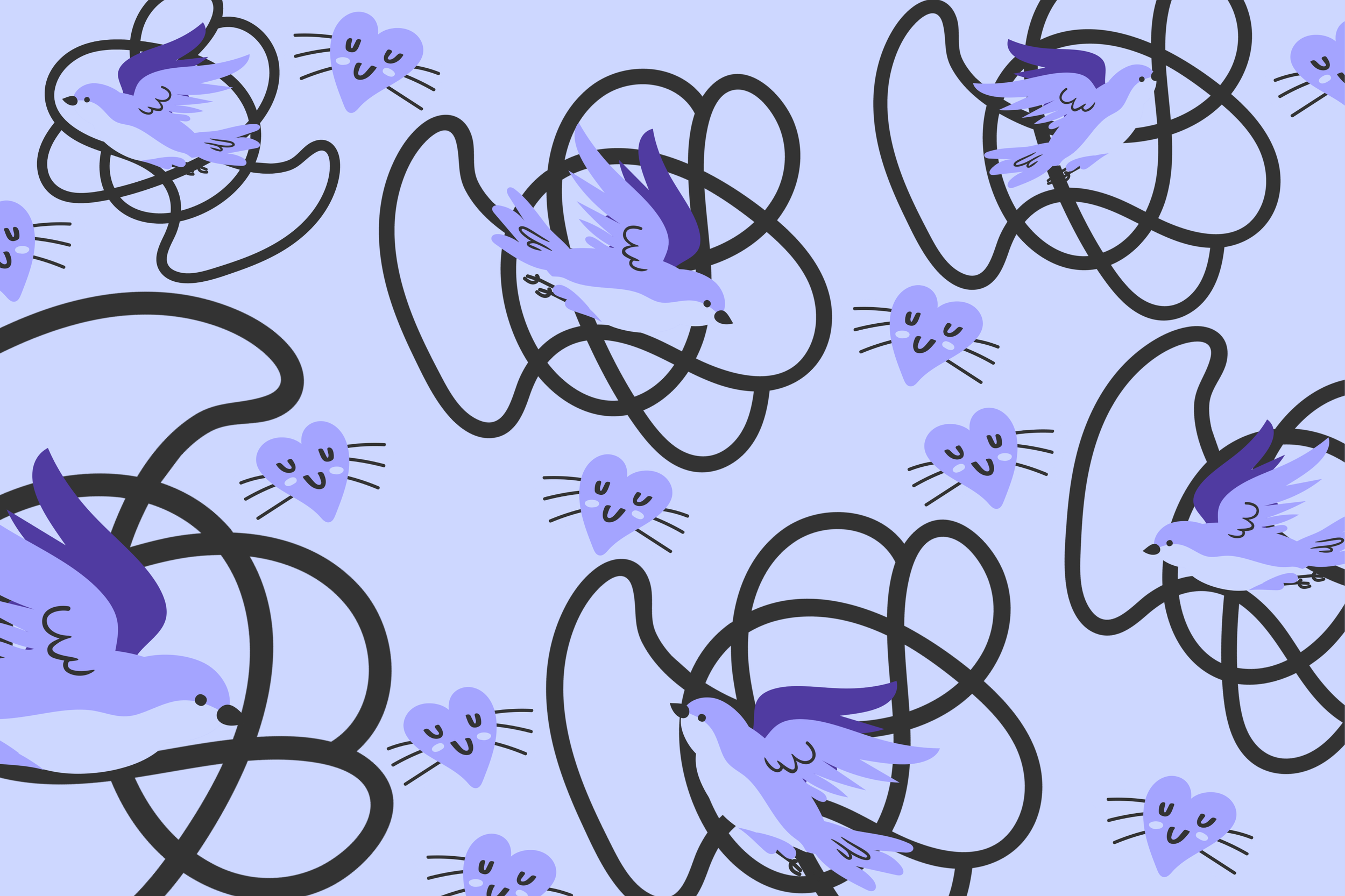
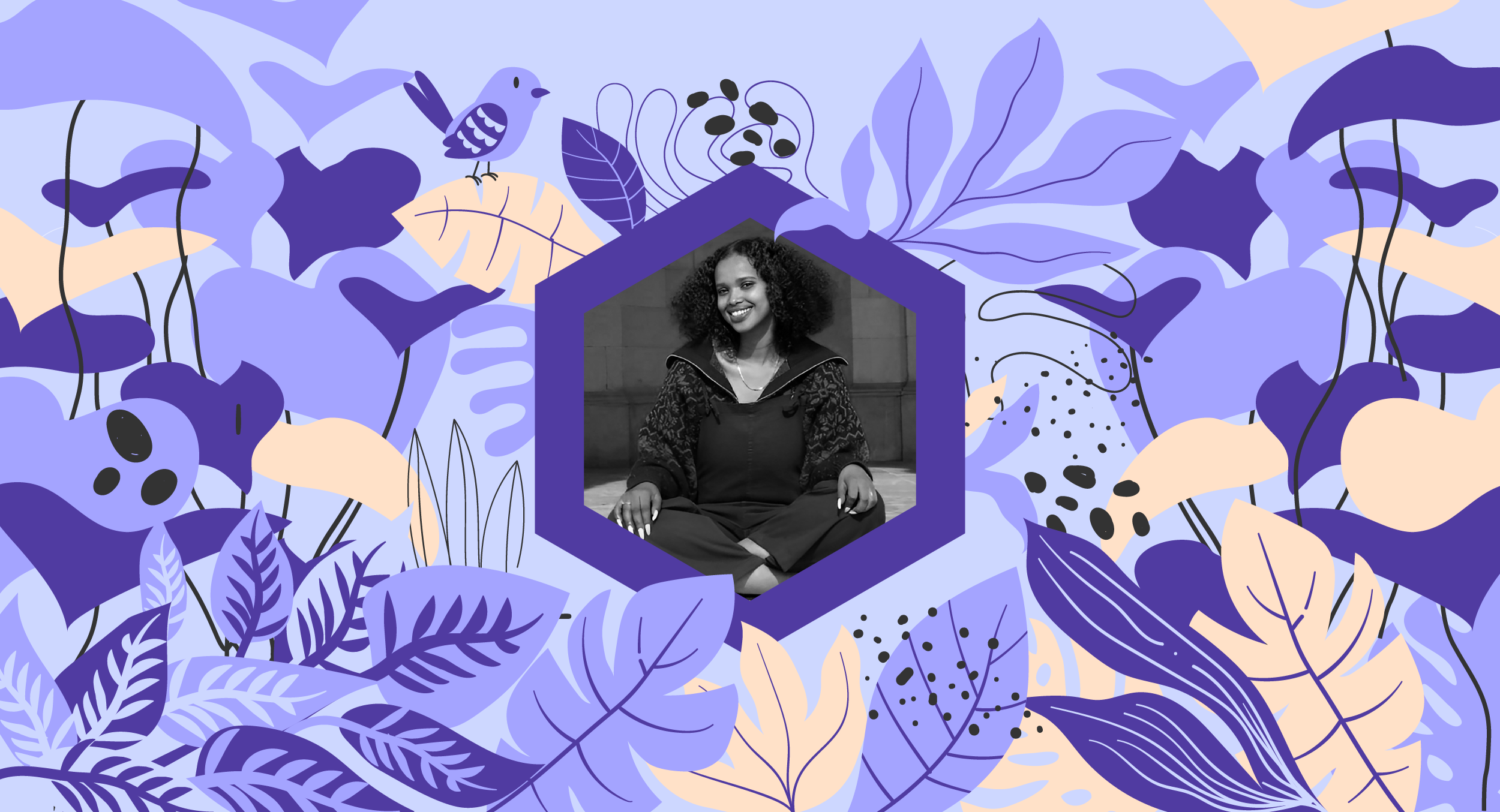
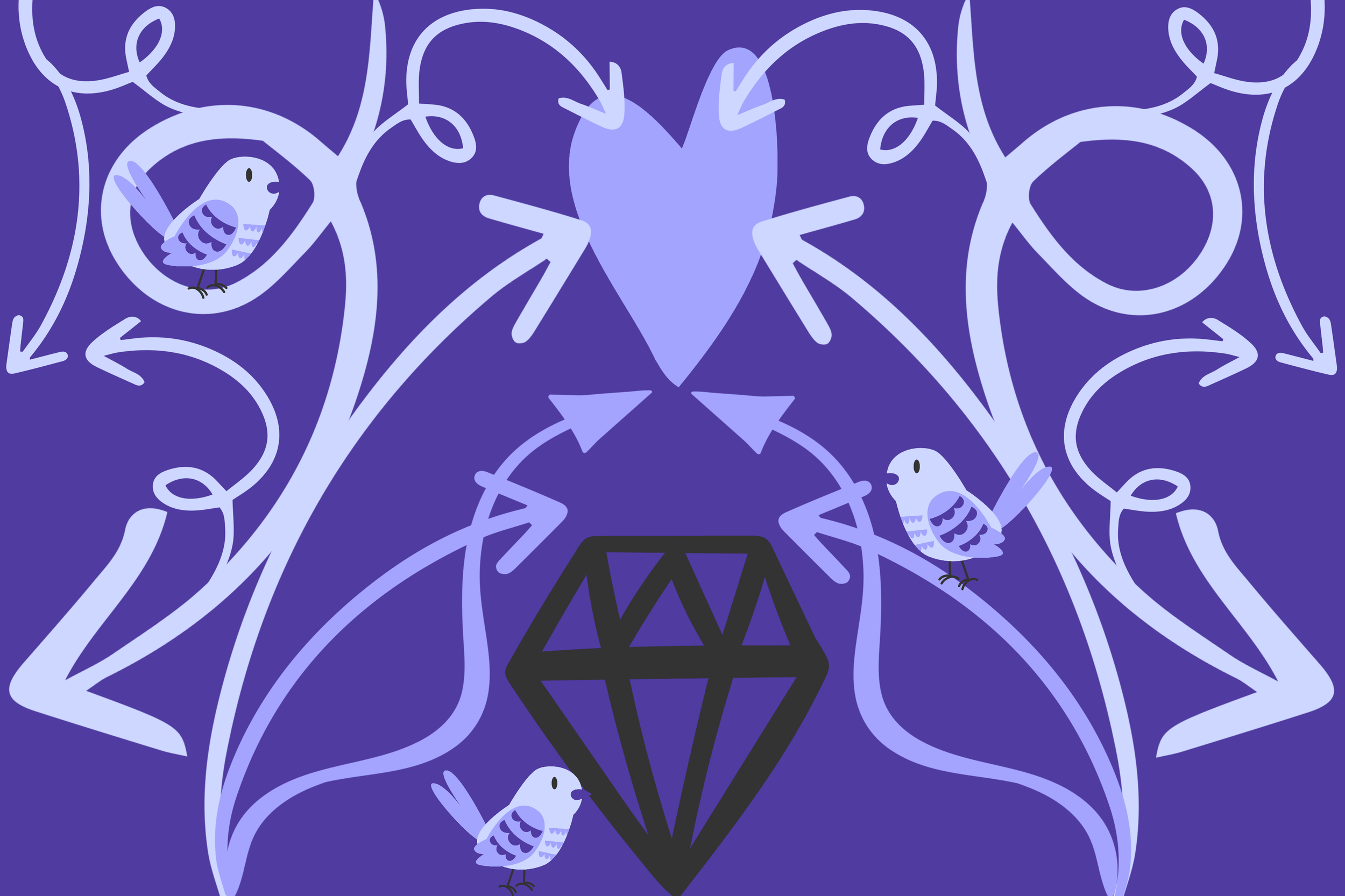
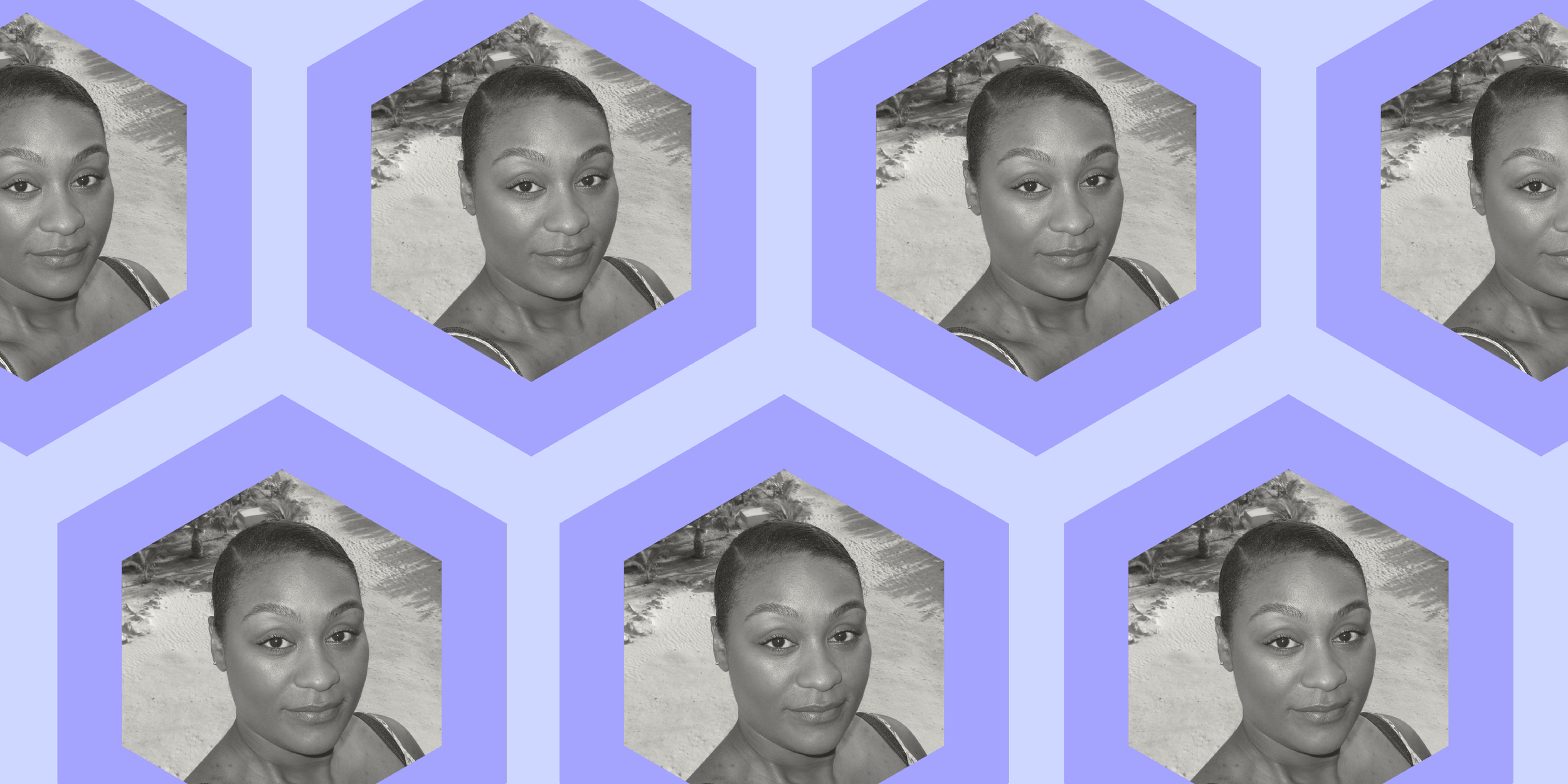
Guest Contributor, Kyra Thompson, shares a deeply personal insight into her experience of grief as an Autistic woman from a Caribbean household.